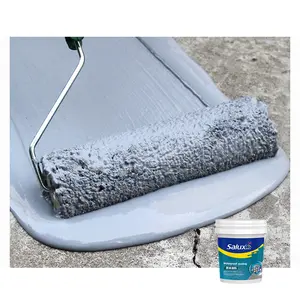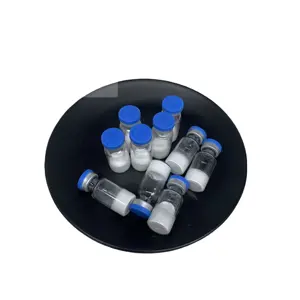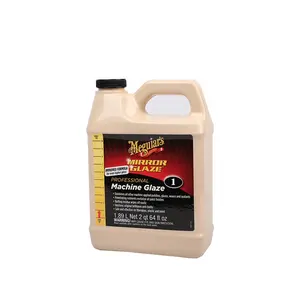Popular in your industry






































































Related Searches:










































































































































Top categories
About car engine silicone sealant
Introduction to Car Engine Silicone Sealant
Silicone sealants have become a staple in automotive maintenance, particularly when it comes to ensuring the longevity and reliability of car engines. A car engine silicone sealant is a versatile adhesive and sealing compound that is used to prevent fluids and gases from escaping into areas where they could cause damage or reduce efficiency. This introduction delves into the various aspects of silicone sealants designed for car engines, highlighting their applications, features, and the materials that make them an essential product in the automotive sector.
Types and Applications
The range of silicone sealant for car engines encompasses a variety of formulations tailored to different automotive needs. These sealants are used in numerous applications such as gasket replacement, bonding components, and sealing joints. They are essential in areas exposed to high temperatures, such as cylinder heads, timing covers, and thermostat housings. Their flexibility and thermal stability make them suitable for both repair work and assembly in automotive manufacturing.
Features and Advantages
The primary features of car engine silicone sealants include their resistance to extreme temperatures, their ability to withstand chemical exposure, and their flexibility, which compensates for the expansion and contraction of engine materials. These sealants are known for their durability, providing a long-lasting seal that helps maintain engine performance. Additionally, their ease of application allows for efficient use in both professional and personal settings.
Materials and Composition
Car engine silicone sealants are composed of a silicone polymer base, enriched with fillers and additives that enhance their properties. Polysiloxane, a key ingredient, contributes to the sealant's thermal stability and flexibility. The inclusion of fillers improves the sealant's resistance to pressure and impact, while crosslinkers help in forming a strong bond that can resist the harsh environment within a car engine.
Selection and Usage Considerations
When selecting a silicone sealant for car engines, it is important to consider the specific requirements of the application, such as temperature range and chemical resistance. Users should follow the manufacturer's instructions for application and curing times to ensure optimal performance. It is also crucial to choose sealants that are compatible with the materials found in the engine to prevent any adverse reactions.
Environmental and Safety Aspects
The use of car engine silicone sealants also carries an environmental and safety dimension. Manufacturers are increasingly focusing on formulating products that are not only effective but also safer for both the user and the environment. It is advisable to opt for sealants that have a lower volatile organic compound (VOC) content and that are compliant with current environmental regulations.



















































